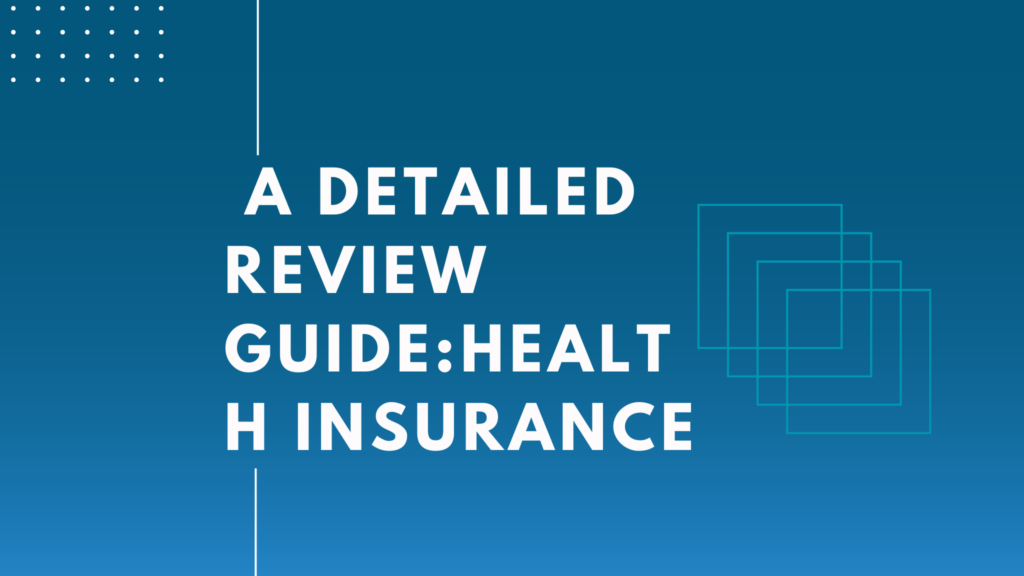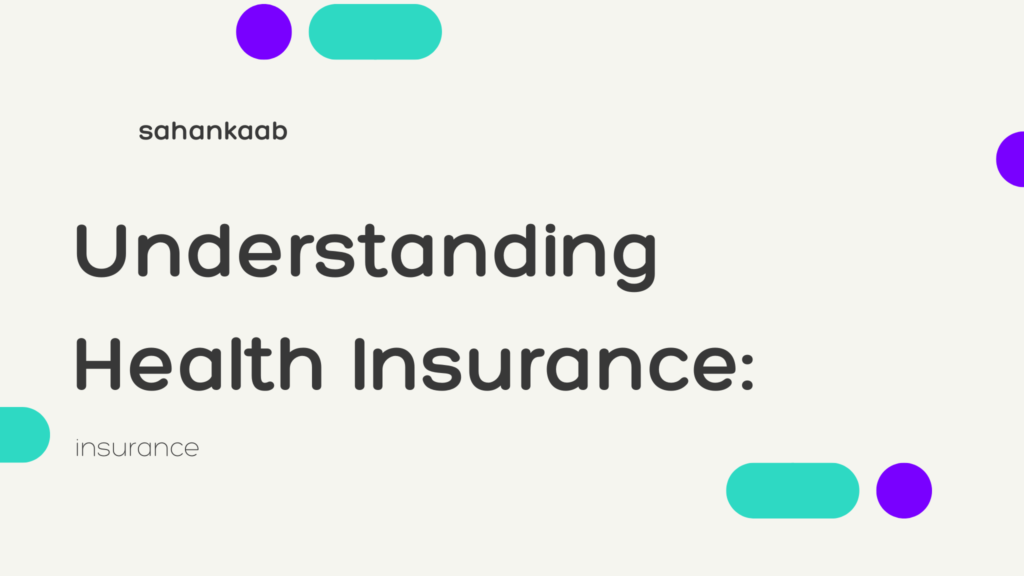Health insurance is essential in today’s world, offering peace of mind when it comes to medical expenses. However, with so many options available, choosing the right plan can feel like navigating a maze. In this article, we’ll provide a comprehensive guide on what to look for in health insurance policies, breaking down key considerations and offering insights to help you make informed decisions.
Understanding the Basics of Health Insurance
Before diving into reviews and recommendations, it’s crucial to grasp the fundamental elements of health insurance.
What is Health Insurance?
Health insurance is a contract between you and an insurance company. In exchange for your premium payments, the insurance company agrees to cover a portion of your medical expenses, which can include hospital visits, surgeries, medications, and preventive care.
Key Terms to Know
- Premium: The amount you pay, usually monthly, for your health insurance.
- Deductible: The amount you pay out-of-pocket before your insurance starts to cover any costs.
- Co-pay: A fixed amount you pay for a covered health care service, typically when you receive the service.
- Out-of-Pocket Maximum: The most you’ll have to pay during a policy period (usually a year) before your insurance starts to pay 100% of the allowed amount.
Assessing Health Insurance Plans
When hunting for an ideal health insurance policy, reviewing different aspects is essential to ensure you pick a plan tailored to your needs.
Network of Providers
One of the most important factors to consider is whether your preferred doctors and hospitals are within the insurance plan’s network.
- In-Network: Services covered by doctors and hospitals that have a contracthttps://sahankaab.site/a-comprehensive-to-care-health-insurances-hospital-list/ with the insurance company. These services are usually cheaper.
- Out-of-Network: Medical services offered by providers not under contract with your health insurance. These tend to be more expensive.
Coverage of Services
Assess what services are covered by the insurance. Here are a few critical services you should ensure are included:
- Preventive care: Annual checkups, screenings, and vaccinations.
- Emergency services: Coverage for unexpected injuries or emergencies.
- Prescription drugs: A list often referred to as a formulary that outlines which medications are covered.
- Specialist care: Coverage for visits to specialists like cardiologists, dermatologists, etc.
Key Insight: Not all health insurance plans cover every type of service. Scrutinize the plan details to avoid unexpected costs.
Cost Considerations
Health insurance costs encompass more than just the monthly premium. Be sure to evaluate the following:
- Deductibles: Higher deductibles generally mean lower premiums, but more out-of-pocket costs initially.
- Co-pays and co-insurance: These costs can add up, especially if you need regular medical attention.
- Out-of-pocket maximum: This cap is vital in case of a severe illness or injury, ensuring you won’t face unlimited costs.
Comparisons and Reviews
To illustrate how complex health insurance choices can be, let’s compare a couple of popular insurance providers based on typical consumer priorities: cost, coverage, and customer service.
Example: XYZ Health Insurance vs. ABC Health Plan
Cost
- XYZ Health Insurance: Offers low premiums but comes with high deductibles and significant co-pays.
- ABC Health Plan: Has higher premiums, yet lower out-of-pocket expenses when services are used.
Coverage
- XYZ Health Insurance: Comprehensive coverage, including preventive care, specialist visits, and mental health services.
- ABC Health Plan: Excellent emergency and hospital coverage but limited when it comes to specialist and mental health services.
Customer Service
- XYZ Health Insurance: Rated highly for quick claim processing and customer service availability.
- ABC Health Plan: Known for longer claim processing times and less accessible customer service but has robust online resources.
Real Customer Experiences
- Jane Doe: “I’ve been with XYZ Health Insurance for three years. Initially attracted by the low premium, I’ve found the high deductibles challenging when unforeseen medical issues arise.”
- John Smith: “ABC Health Plan’s higher monthly costs are worth it; my family rarely faces additional charges, providing us peace of mind.”
Conclusion
Choosing the right health insurance plan requires careful consideration of various factors, including provider network, coverage services, and overall costs. Comparing experiences and reviews can also offer valuable insights. Ultimately, the right plan depends on your specific needs and circumstances.
Takeaway: Evaluate health insurance plans not just on premiums but on coverage, network, and service experience to make an informed choice.
Being informed and taking the time to understand the specifics of each plan will ensure you select the coverage that best suits your health and financial situation. Stay proactive, ask questions, and don’t hesitate to seek professional advice if needed. Your health, after all, is priceless.


